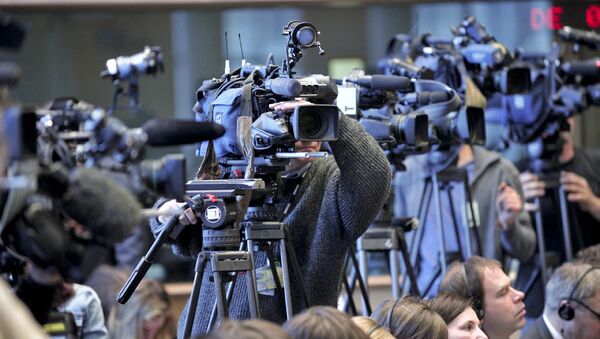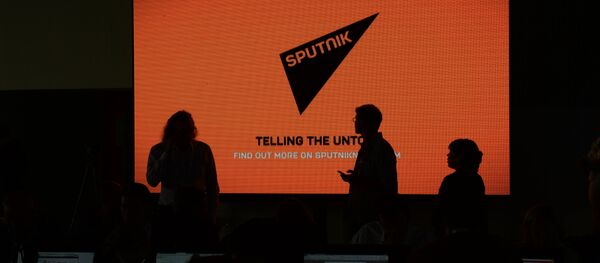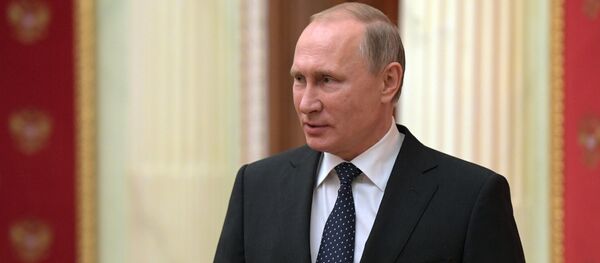The resolution was proposed by EU lawmaker from Poland Anna Elzbieta Fotyga, who was "given the task of describing the propaganda of both state and non-state actors."
Her conclusion was that "the EU needs to counter disinformation campaigns and propaganda from countries, such as Russia, and non-state actors, like Daesh, Al-Qaeda and other violent jihadi terrorist groups."
"The Russian government is employing a wide range of tools and instruments, such as think tanks […], multilingual TV stations (e.g. Russia Today), pseudo-news agencies and multimedia services (e.g. Sputnik) […], social media and internet trolls, to challenge democratic values, divide Europe, gather domestic support and create the perception of failed states in the EU’s eastern neighbourhood,” read Fotyga's report.
Commenting on the above, Marcin Damagała, Polish political analyst and co-chairman of the European Center for Geopolitical Studies explained to Sputnik Poliska why Europeans prefer Russian outlets when they want real news.
"The question that has to be answered here is where are all those so much talked about Western mass media outlets," he wondered.
"What is going on with European journalism if it is seeking the protection of the European Parliament," he added.
"It is a very bad sign when a phobia, almost on the brink of a psychological disorder, of a certain European deputy is brought up for discussion in the European Parliament," the political analyst said.
"The report of Anna Elzbieta Fotyga is the quintessence of anti-Russian phobias which Poland is importing into the European Union. I can't find any other words to describe it," he told Sputnik.
Marcin Damagała also noted that Fotyga, who was Polish Foreign Minister from 2006 to 2007, apparently lacks any understanding of the ongoing processes on the international arena, something she has from the very beginning of her political career.
"The adopted resolution however shows the high professionalism of Russian mass media and proves that European journalism, in turn, is so scanty and propagandistic that European readers and listeners prefer turning to the outlets broadcasting from abroad in order to hear an alternative point of view," he noted.
Luckily, the resolution is not binding, he said, adding that while some Europeans might not agree with what is being said by the Russian Federation, there is however no reason for a total blackout as suggested by the report. The EU should use other means to voice its discontent.
Meanwhile Jaksa Scekic, Serbian journalist, producer with the Reuters agency, who used to work for Sky News, told Sputnik that the West fears the Russian media because of aggravation of relationship between Russia and the US.
He suggested waiting until Donald Trump moves into the office to further see how the relationship will proceed.
"When the two powers do not have a dialogue where they can discuss certain problems, it is natural for such rhetoric to appear," he said, adding that it was the same during the Cold War with Joe McCarthy's anti-communist rhetoric, and with George Galloway's, British politician's, campaign to oppose the war in Iraq.
"I think that if there are any changes in the Russian-US relationship after January 20, when Trump gets into office, such rhetoric will gradually disappear," he therefore suggested.






